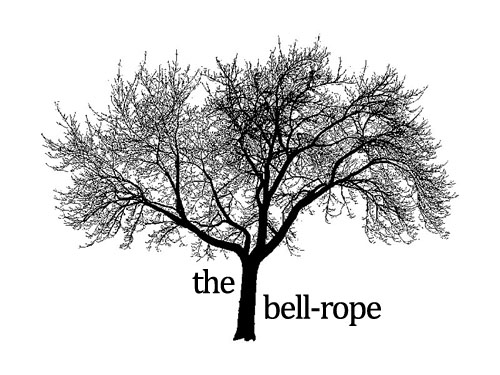I have always lived too much in my head. I lose myself in abstractions and hypotheticals, and my vision is all peripheral. Nike would be appalled - I can't just do it, I have to think about it first. And I usually end up not doing it.
When I was 12 or 13 I was seized with a sudden panic that I would go my entire life without accomplishing the things I wanted to accomplish, and stuck pieces of paper with the words "TIME IS SLIPPING BY" all over the house. Of course, very little in my attitude to the world changed, and this would set a theme for my life: ideology without application. I am a master plan-maker, I delight in making plans - and somehow the act of planning, the industriousness and initiative of it, absolve me from the need to actually follow through. In fact, I do the most work when I have no plan. But I am addicted, not to real accomplishment, but to the feeling of it.
When you make a plan, you essentially split the universe: there is the universe you invent where you get up at 7am, go running from 7:30 to 8:15, work on your thesis from 8:15 to 10:45 and then take a fifteen minute break before, I don't know, writing at novel at 11:00. And then there is the other universe, unwritten, waiting to realize itself into the ideal you have imagined. After conjuring my alternate universe, I sit there and admire it, while the universe around me shapes itself into something that looks like me sitting on the couch with a strange sort of smile on my face. This is why I get nothing done.
Back in my LiveJournal days I quoted this from RWE: "It is easy in the world to live after the world's opinion; it is easy in solitude to live after our own; but the great man is he who in the midst of the crowd keeps with perfect sweetness the independence of solitude." Back then, I thought he was talking about having lots of friends but also getting lots of work done. It probably does mean that, but I think there are a lot of ways to approach the idea. Now, when I look at it, I think that the world and the self are in a kind of perpetual dialog, a back-and-forth where each can spill over into the other and shape it in its own image. To "live after the world's opinion" is to let your circumstances lead you down the river, following the prescribed bends and turns over which you have no control. But this situation, which is one that I think most people in the world find themselves in, most of the time, suggests an alternate possibility as well - one in which the self pours itself outward, and shapes the bends and turns of the river through sheer audacity and will.
Thus the ending of the movie Adaptation (spoilers, probably), in which Charlie Kaufman, a loner who lives in his head and can't say a single coherent thing to any woman he fancies, is given perhaps the greatest gift he's received in his life, a few words from his twin brother Donald as they cower in a dark swamp from a gun-toting Meryl Streep: "You are what you love, not what loves you. I decided that a long time ago." Note the words: they are directional. You are what you love, and in that moment the dialog that Charlie Kaufman has with the world reverses its direction, and the things he imagines begin to actually take place, simply because he now believes that it is possible. How brilliant that Kaufman is a screenwriter, both in life and in the movie. After struggling over a defunct, impotent script (in life and in movie), he at last can write the script for the world in which he lives. At the end of the movie, he tells a girl that he has loved for a very long time that he loves her, for the very first time, and she - miraculously - tells him that she loves him back. He pours himself out, and tunes the world to his vibrating string.
Subscribe to:
Post Comments (Atom)

No comments:
Post a Comment